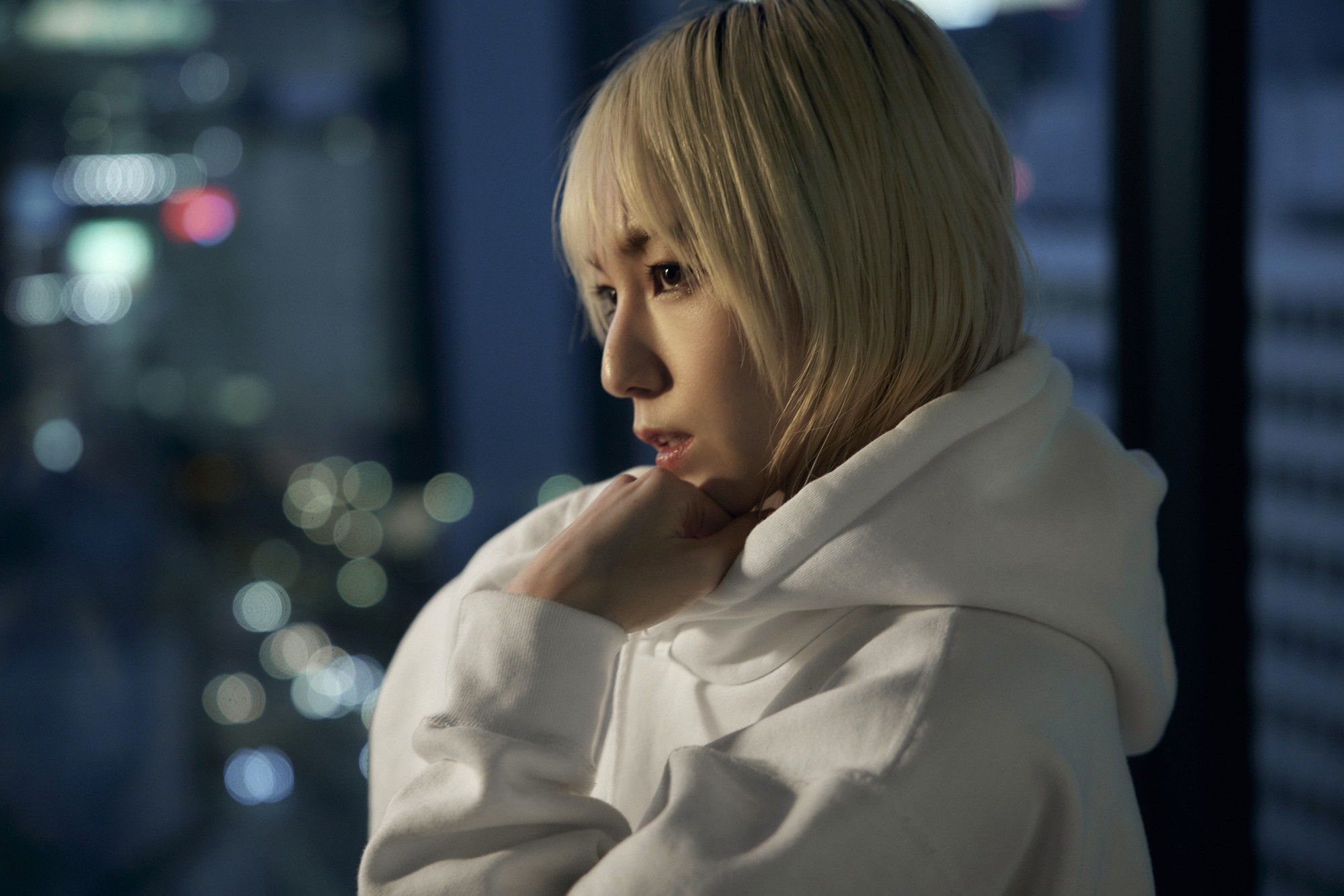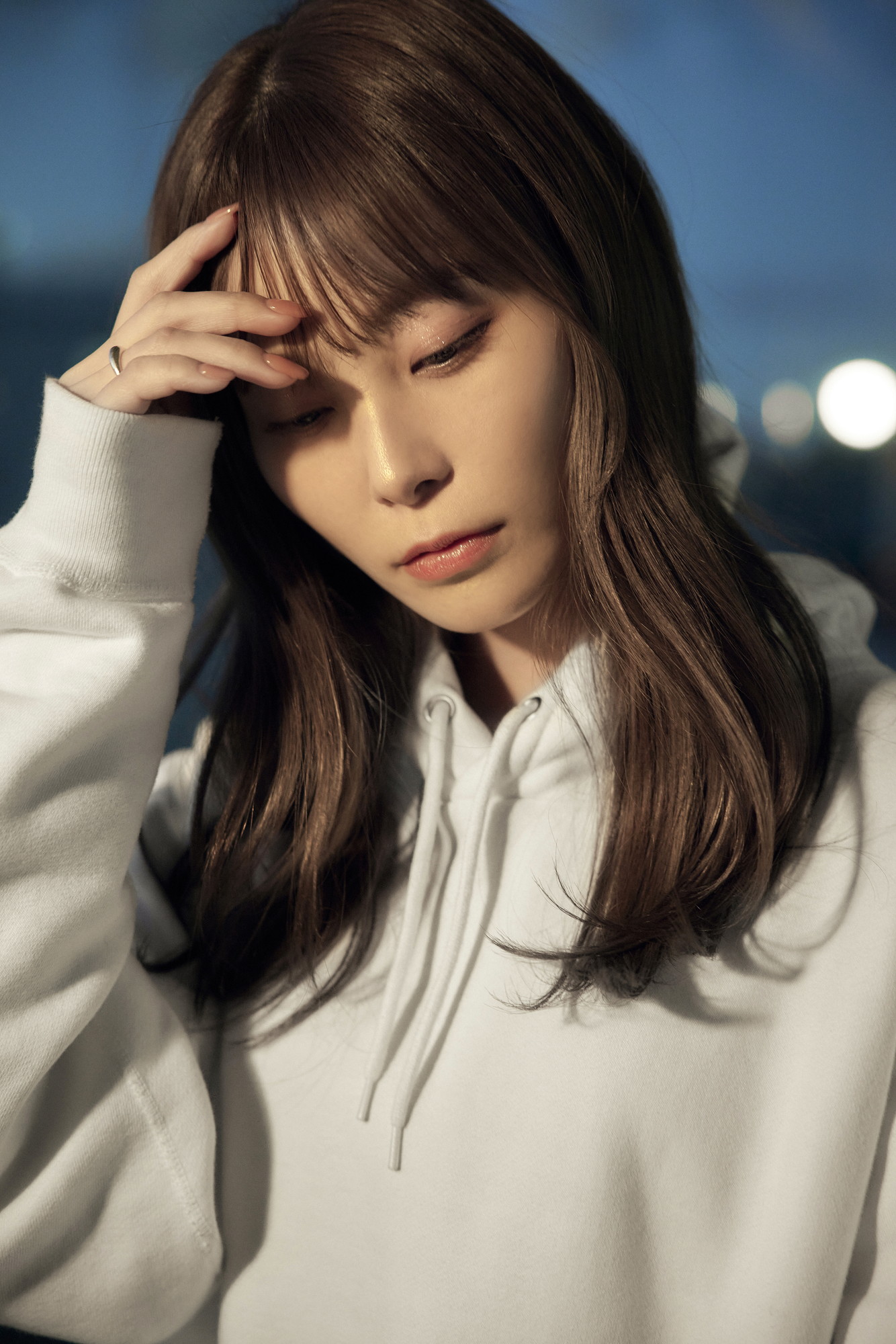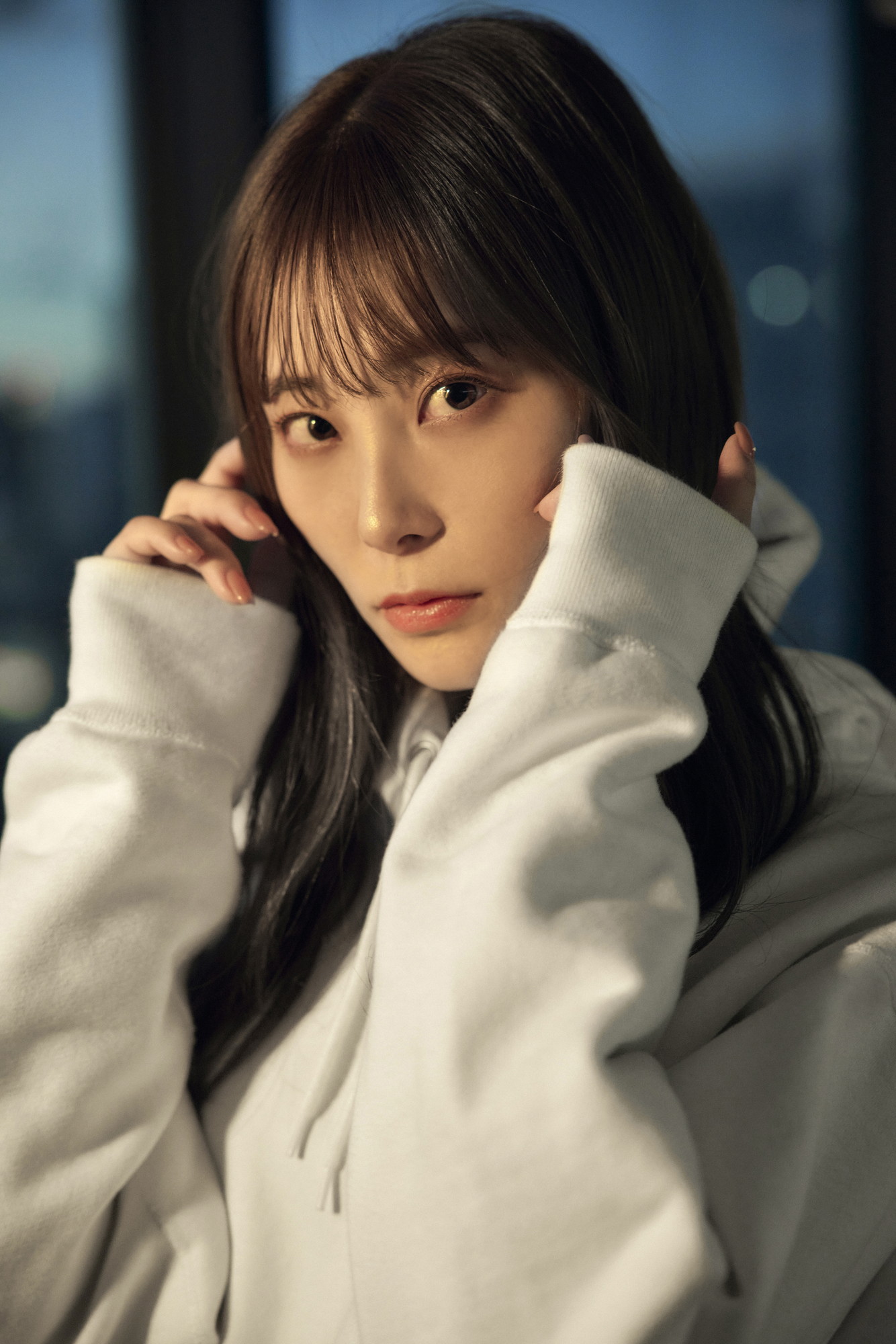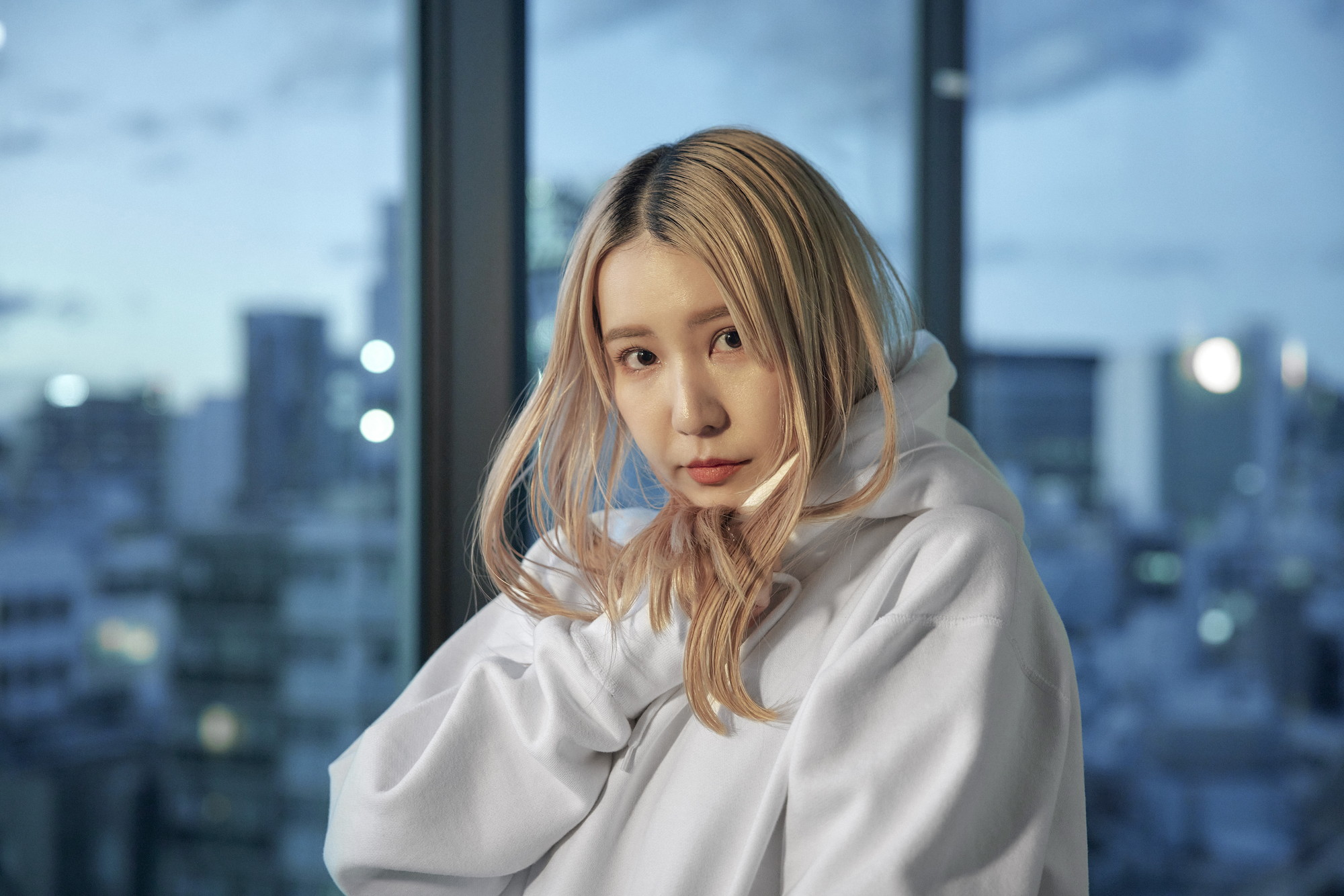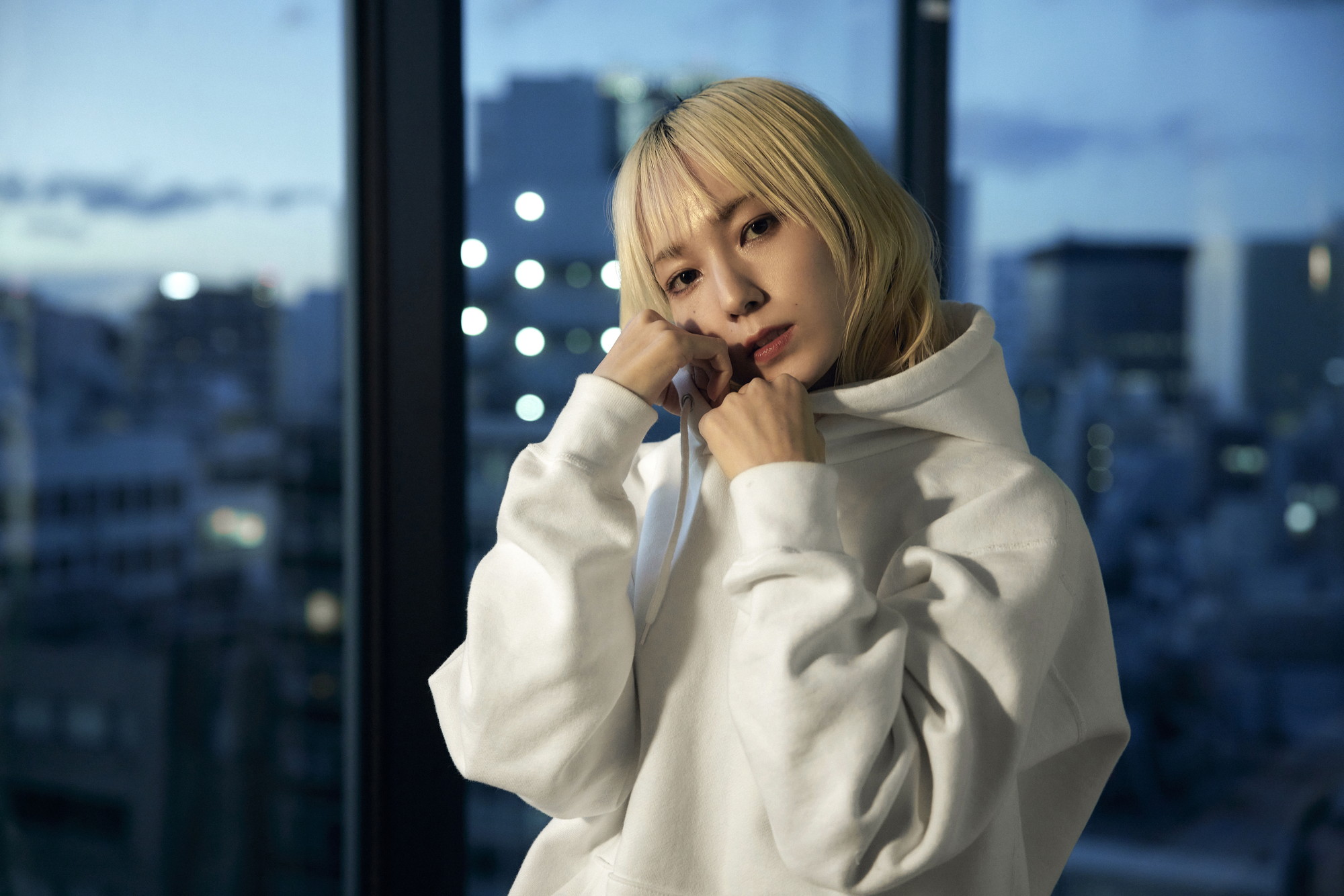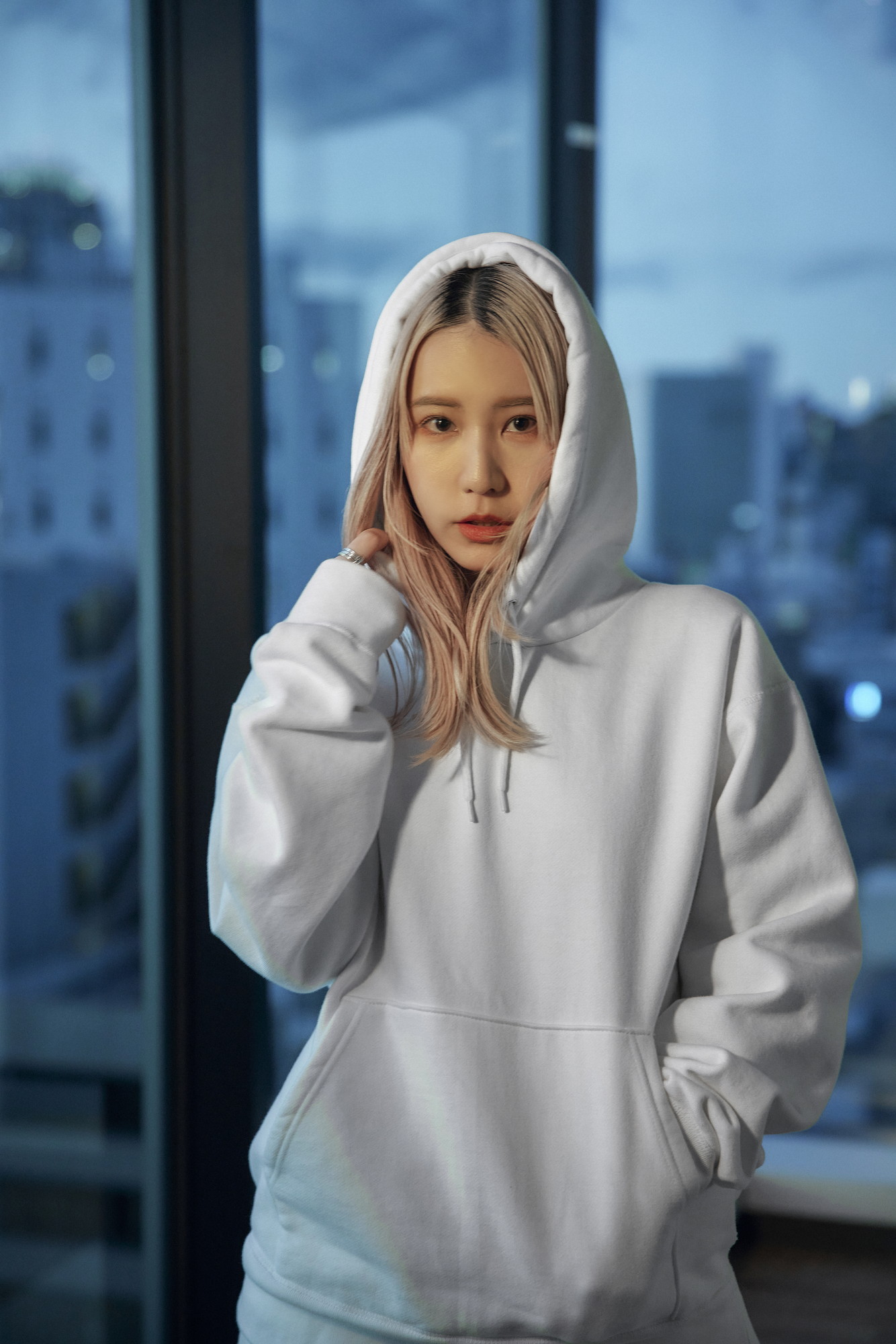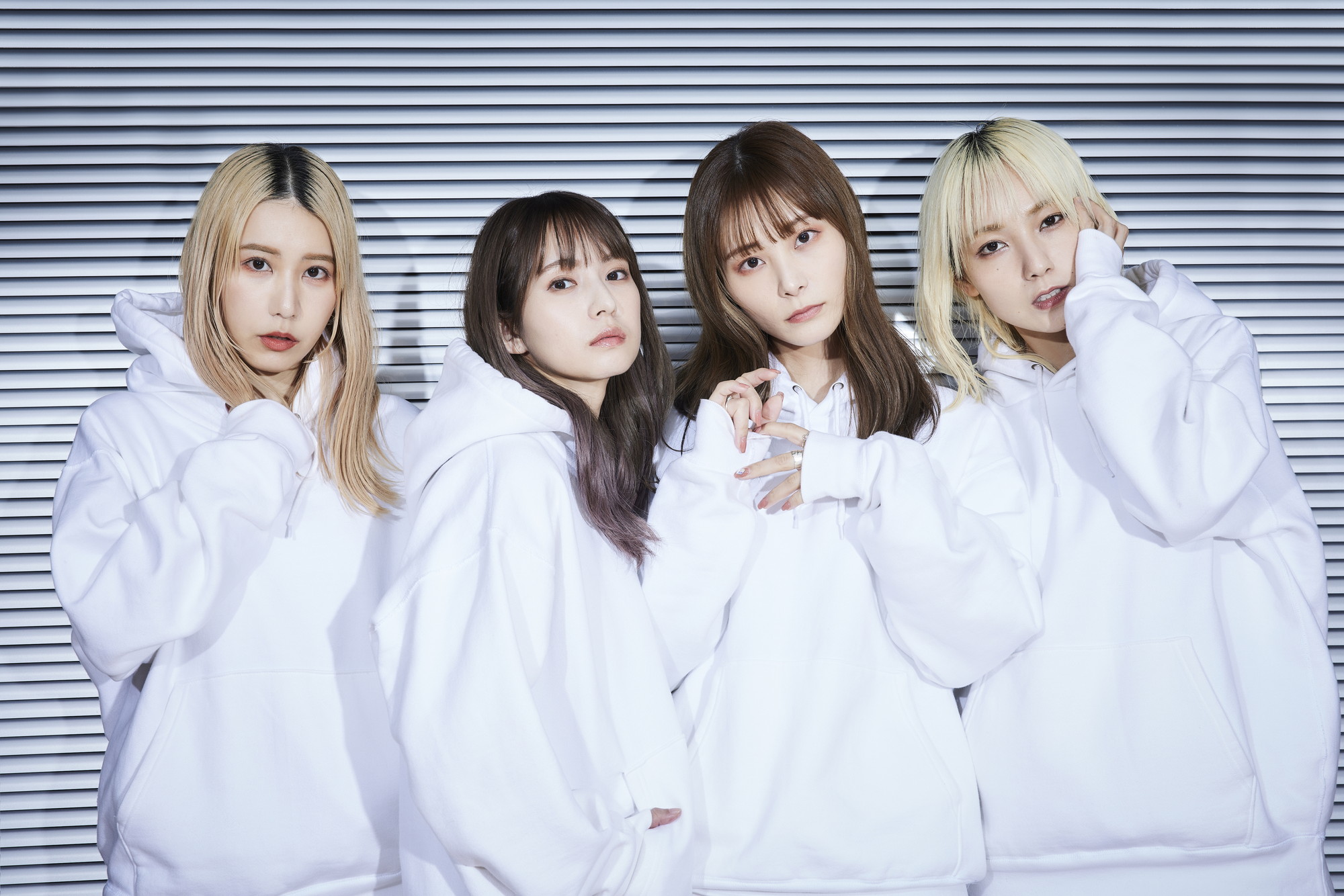Message reputation : 100% (3 votes)
SCANDAL talks about MIRROR, their most honest album to date
SCANDAL released their 10th full-length album MIRROR on Jan. 26, 2022, their first album in two years. Containing the singles eternal, Ivory, and one more time, this work also includes songs composed by each member and with each on lead vocals. With alternative rock, gospel, club tunes, and pop songs that speak to you, you're able to learn about their individuality and roots via this challenging work that describes the new steps for the band that celebrated its 15th anniversary. What did they think of while writing, singing, and playing to create this album in these ever-changing times? We asked the four members about this work, a realistic reflection of SCANDAL's current situation.
――What did you discuss with each other when making the album?
RINA: For past albums, we always tried to face the times and make music true to us that we wanted to make at that time. We didn't decide on an album concept from the start this time either. We made songs one at a time and decided on the title MIRROR at the end. We made a title track—the first track on the album—containing that word, and it all came together.
――This time, each band member wrote songs and sang lead vocals. Was that decided on from the start?
HARUNA: We also didn't really decide that. The song "Ai no Shoutai" that TOMOMI made was originally written assuming that I would be singing it. It was the same for MAMI's song as well. We often decide things after starting pre-production, so from the start we didn't think of including songs composed by each of us. However, because a lot of things like production and live performances had to be postponed or canceled due to the pandemic, we had many opportunities to get to know ourselves more deeply by reflecting on both the band and ourselves. As a result, we had a collection of songs that are very personal to us. That's why we thought that it would be best if the person who wrote the song sang it, and included each of those songs.
――I will be selecting a few songs to ask you about. How did you make the title track "MIRROR"?
MAMI: This song was made at the end of album production. We had 9 songs ready to go before this one was made. I personally thought that those 9 songs would be able to represent who we are right now, that they'd be fun to perform live, that they were rich in variety, and that they made up a good album. But some wanted a song that was more of a killer track, or rather one that had a proper band sound to it when performed, and one that could serve as the face of the album. I did think that that was true and so started writing a song. However, since I originally thought that 9 songs would be fine for an album, it was hard to come up with that kind of song. Keeping in mind the requests of our listeners, I had a hard time making this while struggling between a certain sense of responsibility and my current feelings. Everyone said that the album was complete with the creation of this song. I've been paying close attention to the rhythm, tempo, and sound when creating songs recently, so with that in mind I think I was able to create the best possible killer song that I was satisfied with.
――As "MIRROR" symbolizes, the impression you get from it is quite different from your previous work Kiss from the darkness, and I felt that many songs are arranged with a relatively low tempo. Does that also mean that you're making sure to convey your words clearly?
MAMI: In terms of the ease of listening to words, some people nowadays listen via not only CDs but also subscription services. That's why we're writing music while considering the impressions gleaned when listening via subscription services. Also, I think it's important to have music that we're able to perform for years to come. For example, we honestly don't know if we could continue to play intense songs live like we do right now, five or 10 years from now. I'm sure that a time will come when we'll feel like that. So, this is the result of being insanely conscious of rhythm, tempo, and sound as something that we can continue to play with confidence.
――In the documentary of you recording "one more time" (“her” Diary 2021 on YouTube #09), what stuck out to me was TOMOMI saying that it felt like HARUNA from 10 years ago was singing the track. There's a line in "MIRROR" that goes "Kagami ni utsutta sugata" (My reflection in the mirror); did you feel that you, who have been around for 15 years, were reflected in the mirror?
RINA: Rather than reflecting our past selves, it was more like we were seeing our present selves and acknowledging exactly who we are. But I think the reason why we're making who we are right now is because of our paths in the past. First, we wanted to write lyrics that acknowledged everything we've done so far. When we were talking about the title, we had many discussions about wanting to create a work that incorporates the femininity, softness, and kindness that we feel, and soft words into the music. For me, that is something that I want to keep in mind when writing lyrics from here on out as well. As a result, the lyrics to "MIRROR" were finished in an abstract way and says exactly what we want to say. I felt that I was able to write what I wanted to write."It felt like things were foreshadowed, like, 'Ah, this is what we wanted to make'" (RINA)
――The intro starts with a rewinding sound. How did you record that?
RINA: When listening to music on subscription services, we thought that instead of suddenly starting with a full-on band sound, it'd be better to have different possibilities and start with something like sound effects that makes you want to listen to the rest of it. We thought about it with our synthesist who has gone around on tour with us, and then added it later.
TOMOMI: It gives you the image of sound reflecting off a mirror.
――I see. The intro of the next song "eternal" also starts with sound effects. Did you think about a connection there?
RINA: Not at all (laughs). When it was all complete, we were like, "They kind of feel connected!"
HARUNA: I always felt that.
RINA: When it was completed, it felt like things were foreshadowed, like, "Ah, this is what we wanted to make."
――In "Ai no Shoutai," there are also sound effects in the beginning along with the choir that can be heard during the chorus.
TOMOMI: We asked a choir to record it. I told the arranger Satori Shirashi my image of it, and we made it with the cooperation of all kinds of people. Satori added the effects in the beginning.
――I was surprised at how it shifted into gospel after the first verse.
TOMOMI: I wanted to try doing gospel because it's part of our roots—we took lessons in it when we attended our dance and vocal training school. When I hit my thirties, I often realized that I took joy in "unconditional love" or giving. Friends getting married, having kids, listening to LGBTQ youths' worries on the radio—I had a lot of thoughts about love. There are all sorts of issues like nationality, gender, and age, but I felt that in a big and simple way, "love" is something that everyone has. I wrote "Ai no Shoutai" because I wanted to put that into words.
――"Ivory"—which features lyrics, music, arrangement, and lead vocals by MAMI—is also a song with a hearty and warm message that makes you feel that kind of love.
MAMI: Our work stopped due to the pandemic, and we lived our lives in a regular way we had never done before. Being able to spend our days in the same way as our listeners was a fresh, first-time experience for me. I put the feelings that I felt when the pandemic hit and all of humanity had to start from zero, into a song. I'm actually singing about my feelings like a soliloquy, but when I had the others listen to it, it felt like it was a song meant for everyone.
――RINA, did you make "Kanojo wa Wave" on a digital audio workstation?
RINA: I did, and I asked everyone to listen to it and copy their parts after it was done. I wrote this song with the intention of making it about a girl who lives freely like a wave. This was my first time using a DAW, but I'm glad I tried it because I enjoyed it.
――The lyrics "Kirameiteru kagami no you" (Glittering like a mirror) also appear in this song.
RINA: We hadn't decided on the title when I was writing these lyrics. However, when making this album, in our heads there was always this image of mirrors, glass, and lights, as well as something that's delicate, strong, and ephemeral. That's why there are a lot of expressions like this in the key points, and when we finally decided on the title MIRROR, we thought, "Ah, this is what I wanted to make!"
HARUNA: I think "Kanojo wa Wave" is a very RINA-like song. You can tell we like computer music and took influence from it, and you can feel the roots we had before starting the band. It's a song that shows the fun of a drummer writing lyrics + music and singing lead vocals. This perhaps might be a song that could have only been made by a drummer.
――HARUNA, the song "Yuugure, Tokeru" that you wrote is a surprising song that combines alternative rock and lyrics that express your feelings.
HARUNA: When I started making it by me singing to my own accompaniment, I couldn't really picture what the arrangement should be. That's why I think that there's a sense of incongruity where the singing and the arrangement are a bit separate from each other. On the contrary, it makes it sound interesting. I started writing it after I thought of the title "Yuugure, Tokeru." It's a strange title, and I used abstract words in order to put into words an intuition that feels nice but can't be explained well using words. In that way, I think it's surprising that something that makes sense to yourself can change your life, or can be the impetus to change someone else's life. I made this song because I wanted to acknowledge that I can believe in my intuition."We've made an album that could only have been done now. I'm happy that we were finally able to convey our present situation" (MAMI)
――"Ao no Naru Yoru no Sukima de" was first unveiled at your 15th-anniversary concert on Aug. 21, 2021. The reactions from the fans were also big. RINA, you wrote this song—can you tell us your thoughts on it?
RINA: This song is one that I want to talk about while considering what kind of words I should choose so that things are conveyed without any problems. When Maisa Tsuno of Akai Koen passed away, I felt an unspeakable sadness and felt like I lost something really big—she had been a fellow, respectable musician and good friend who was also in an all-girl band and had been playing music by our side. I wanted to write a song with Maisa in mind, so I decided to write a song without thinking about putting it in an album or even releasing it. When that happened, I talked with the other band members about all sorts of things, and there were many emotions that I couldn't put into words. When I shared this song with them, they told me, "Let's put this precious song on an album." I hope I can continue to perform it courteously.
HARUNA: I hadn't heard that story at the time we recorded it, so I don't know if I was able to get it right. However, I've lost not only people but also emotions due to the pandemic. There were moments when I couldn't just be happy with music, moments when I felt a little constrained, and times when I became very withdrawn. When I heard RINA's story after recording the song, I felt like I couldn't say something like, "Ah, so that's what it was." After that we had our concert at Osaka-Jo Hall. So, emotion-wise, I was able to sing it differently at the concert than on the recording. I've never used SCANDAL to express myself like that before, so it became an important song for me as well.
――What kind of album did the completed MIRROR album turn out to be for you?
MAMI: It feels like we created a mysterious album. In the past we also would have songs that each of us has written and sang, and apart from the melodies, it's not as if we did something extremely different. But I think that the songs we made by reflecting on ourselves and the band are very much songs that we individually made under these circumstances. It made me think again of how we're a very mysterious, well-balanced group of people who can put together an album (laughs). This album's like a diary that looks back on every day for the past 1 1/2 years to 2 years. Whenever I listen back on it, scenes from those times come to mind clearly. We're older and have a career as a band. I think we've made an album that could only have been done now, circumstances included, and I'm happy that we were finally able to convey our present situation.
TOMOMI: Since this was made during the pandemic, we created it while paying close attention to what we want to express, say, and convey. The pandemic's still ongoing, and we don't know what'll happen in the future. However, we made this while thinking about all sorts of things, such as that we still want to play music. There's no clear answer yet, though. I'm not saying that that is the case, but there's no conclusion in this collection of songs. I think this album is a reflection of our current thoughts and mentality.
RINA: We really were able to be the most honest we've ever been with this album. We understood that this is who we've been from the start and made that into music. That's why it seems like such an important album for us. Also, we're simply happy that we were able to make our 10th album after 15 years together with the same four people without ever stopping. We've come to be able to be praised for working hard. Right now is the most we've loved being a band, and the most fun we're having while making music.
HARUNA: For me, singing songs has become more fun, which has made me like this album even more. With our past works, if there were 10 songs, I would do 10 different ways of singing—or rather, I think I was confident in singing with a different personality for each song. This time, I think I was able to face all of the songs as one person named HARUNA. That's because I faced myself during the pandemic and fell in love with myself again. After finishing recording everything, I felt that I was able to sing those songs exactly as I am right now. I think this was a very fruitful album for me as a human being.
――The band's tour promoting the album called SCANDAL WORLD TOUR 2022 "MIRROR" will kick off in March in Japan. You'll then travel to North America in July, then on to Berlin, London, and Paris in September. This will be your first international tour since U.S. & Mexico Tour 2018 "Special Thanks" in September 2018. What are your thoughts on your first global tour in a while?
HARUNA: We're really looking forward to it! There are still some unknowns since we don't know what the situation will be like for live shows overseas after the pandemic, but we were gradually able to do shows in Japan in 2021. I thought, "Concerts are awesome," and felt really happy being on stage. I'm excited to be able to have that experience for six months again in 2022.
――When you came up with the set lists for your previous tours, did you consider the affinity with the local music culture and national character of the countries you visited?
MAMI: Yes, we did. For example, in Europe and other areas that are a bit cold, there are lots of fans of punk and hardcore. Listening to blistering tracks warms you up, so there's a physical reason for this. Based on such information that we get in advance, we decide things like, "Let's keep things a bit wild today."
Many people who come to see us when we perform outside of Japan first find out about us through our anime themes. But in Mexico, for example, people apparently often dig around for Japanese bands on YouTube, listen to them, then spread the word. So they have a different way of getting into our music compared to other countries.
TOMOMI: We've been making music for fifteen years, so the general taste in music for each region also changes over time. In the past, rock tracks with minor chords were popular in Asia, but now pop is popular, and it's interesting how things keep changing.
――Will you be going to some cities for the first time?
HARUNA: Berlin, Toronto, and Atlanta. We've been to New York, Anaheim, Dallas, London, and Paris before.
――In the cities you visit for the first time, what would you like people to watch for in your shows?
RINA: If we perform the way we always do in Japan, I'm pretty confident that our audience will feel something from it, so we'd like to enjoy people's reactions. We do find ourselves wondering why we have so many fans in other countries.
TOMOMI: We're surprised by how many people come to our live shows (outside of Japan).
HARUNA: And there's also a wide range of generations, so we'd like to know how everyone got into us and what they like about us.
MAMI: Some even carefully held on to their tickets for the tour we were supposed to do in 2020. They send us messages every day, signing off with "With love." We're looking forward to visiting them and giving love in return.
HARUNA: To our international fans… Please look forward to seeing us live!
#front-page #mirror
If you enjoy my translations, please consider leaving a tip! (This supports me directly)


















